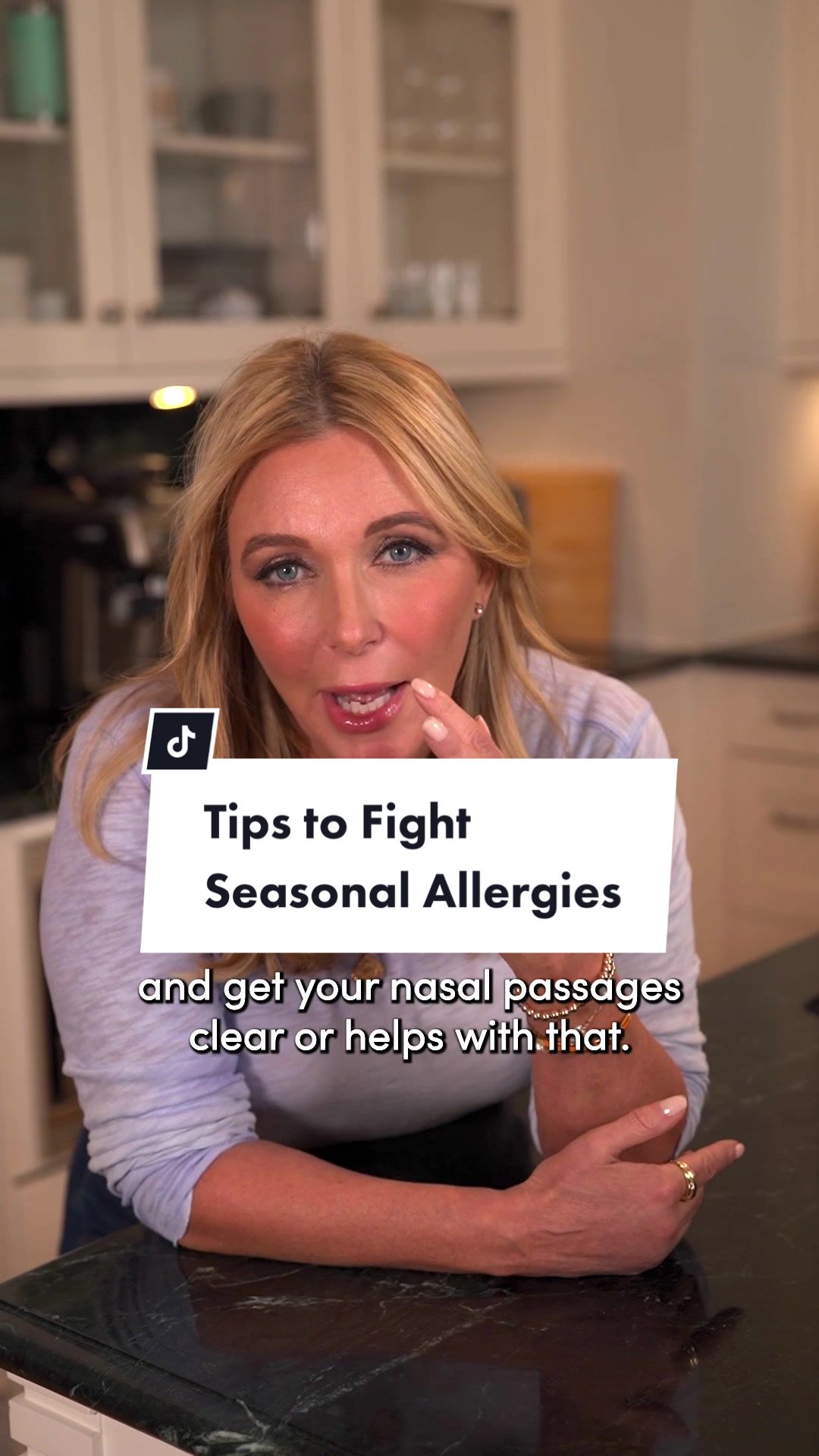
How to treat seasonal allergies: tips and remedies
What are seasonal allergies?
What are seasonal allergies?
Seasonal allergies, also known as hay fever or allergic rhinitis, are allergic reactions that occur during certain times of the year when outdoor allergens are more prevalent. Common triggers for seasonal allergies include pollen from trees, grasses, and weeds. Symptoms of seasonal allergies can include sneezing, congestion, itchy and watery eyes, and a runny nose.
Tips for treating seasonal allergies
- Stay indoors during peak pollen times, usually in the morning and early evening.
- Keep windows closed and use air conditioning in your home and car to reduce exposure to pollen.
- Shower and change your clothes after spending time outdoors to remove any pollen that may be on your skin or clothing.
- Use a nasal rinse or saline spray to clear out your nasal passages and reduce congestion.
- Consider using an air purifier with a HEPA filter to remove allergens from the air in your home.
Remedies for seasonal allergies
- Stay indoors during peak pollen times, usually in the morning and early evening.
- Keep windows closed and use air conditioning in your home and car to reduce exposure to pollen.
- Shower and change your clothes after spending time outdoors to remove any pollen that may be on your skin or clothing.
- Use a nasal rinse or saline spray to clear out your nasal passages and reduce congestion.
- Consider using an air purifier with a HEPA filter to remove allergens from the air in your home.
Remedies for seasonal allergies
There are several over-the-counter and prescription medications that can help relieve the symptoms of seasonal allergies. Some of the most common options include:
- Antihistamines, which can help reduce sneezing, itching, and a runny nose.
- Nasal corticosteroids, which can reduce inflammation in the nasal passages and relieve congestion.
- Decongestants, which can help shrink swollen nasal tissues and reduce congestion.
- Allergy shots or immunotherapy, which can help your body build up a tolerance to specific allergens over time.
When to see a doctor
If your seasonal allergies are not well-controlled with over-the-counter medications or if they are significantly impacting your quality of life, it may be time to see a doctor. They can help determine the specific allergens that trigger your symptoms and recommend a treatment plan tailored to your needs.
By following these tips and remedies, you can better manage your seasonal allergies and enjoy the outdoors without suffering from uncomfortable symptoms.
